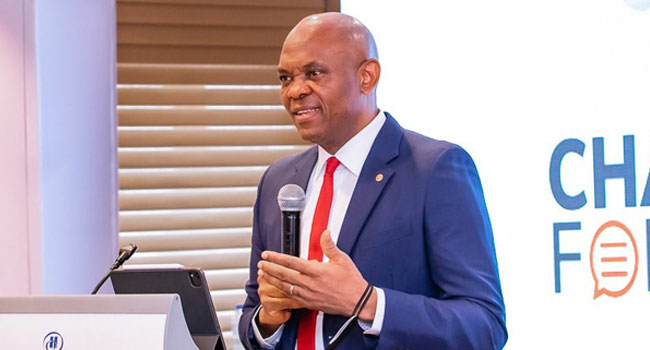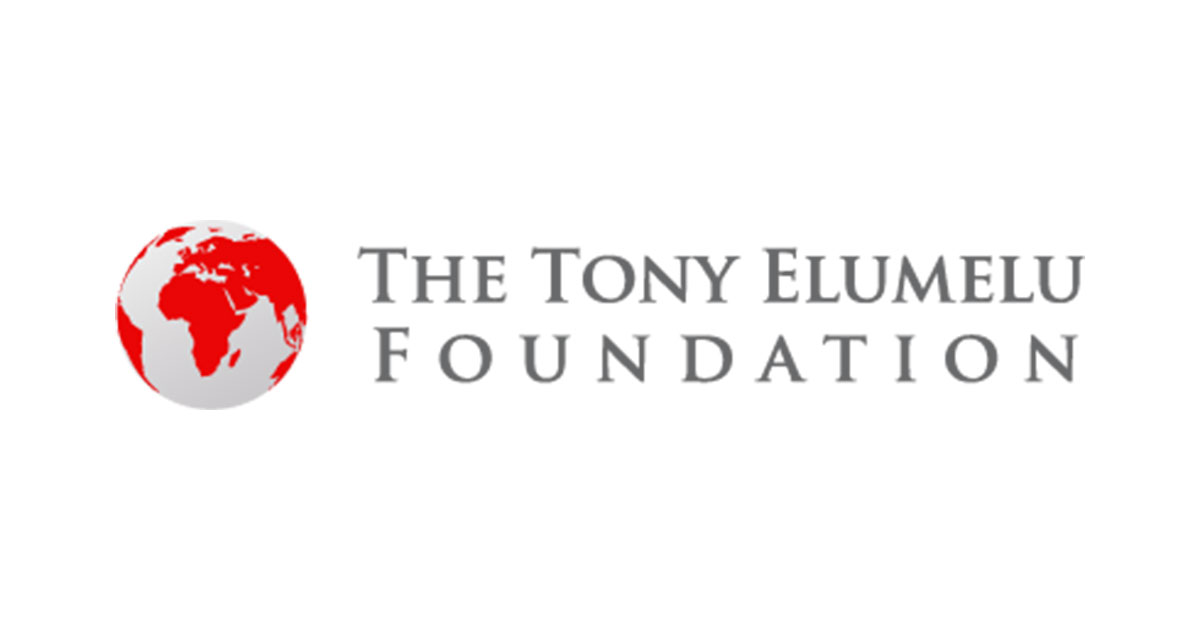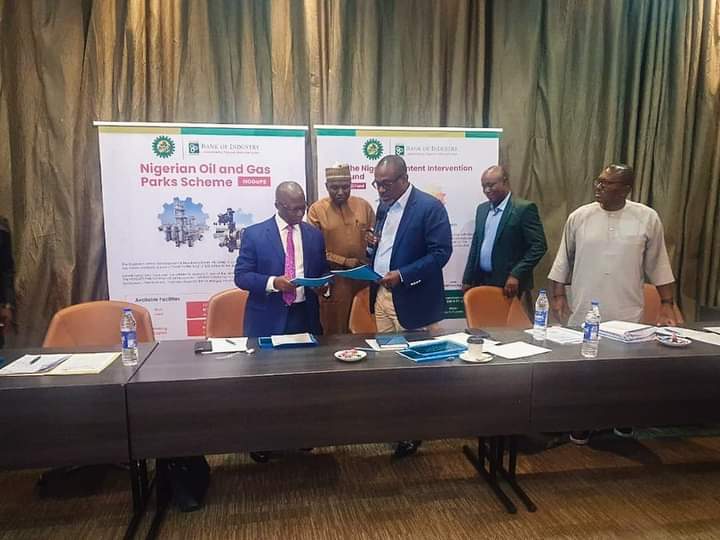Tony Elumelu, the Founder of The Tony Elumelu Foundation, has shed light on a critical issue plaguing Nigeria’s power sector—the lack of adequate gas supply. Elumelu brought attention to this matter during his address at the Annual General Conference of the Nigerian Bar Association held on Sunday.
Elumelu pointed out that this gas shortage was directly impacting the operations of power plants across the country, subsequently affecting the overall electricity supply. He expressed his concern about the irony of a nation with abundant gas resources struggling to operate its power plants due to this shortage.
During his speech, Elumelu emphasized the pressing need for Nigeria to invest in its power sector and establish robust regulatory structures that could ensure sustainable and consistent power supply to various sectors, including residential areas, schools, hospitals, and industries. He urged the government and relevant stakeholders to take action to rectify the situation.
One prominent example that Elumelu highlighted was the TransAfam Power Plant owned by the Transcorp Group. With an installed capacity of 1000 megawatts, the plant could potentially power a substantial number of homes. However, despite the Federal Government’s significant investment in acquiring 240 megawatts fast power turbines from General Electric, the project’s progress is jeopardized by the shortage of gas needed for comprehensive testing.
Elumelu stressed that Nigeria possesses vast untapped gas fields that could fuel the nation’s energy requirements. He lamented that regulatory barriers and self-serving policies have been hampering the necessary investments in gas production.
Beyond the energy crisis, Elumelu also addressed other pressing issues facing Nigeria. He noted the impact of insecurity on various aspects of the country, including social harmony, economic stability, and youth empowerment. Insecurity breeds fear, uncertainty, and hardship, hampering progress on multiple fronts.
Elumelu praised recent government policies that, in his view, could lead to positive long-term effects. However, he highlighted the importance of youth empowerment and investment in education and entrepreneurship as a means of renewing Nigeria’s commitment to its future. He urged the nation to tap into its entrepreneurial spirit and create an environment where the youth can thrive within the country’s borders.
Recognizing the role of the private sector, Elumelu called upon business leaders to see themselves as catalysts for innovation, investment, and job creation. He argued that nurturing entrepreneurship is not just an economic endeavor but a social responsibility that can significantly impact Nigeria’s progress.
Elumelu concluded his address with a call for a united effort toward nation-building, driven by the principles of inclusivity, unity, and progress. His insights shed light on the challenges faced by Nigeria while offering a roadmap for a brighter future through collaboration, innovation, and investment in key sectors.










